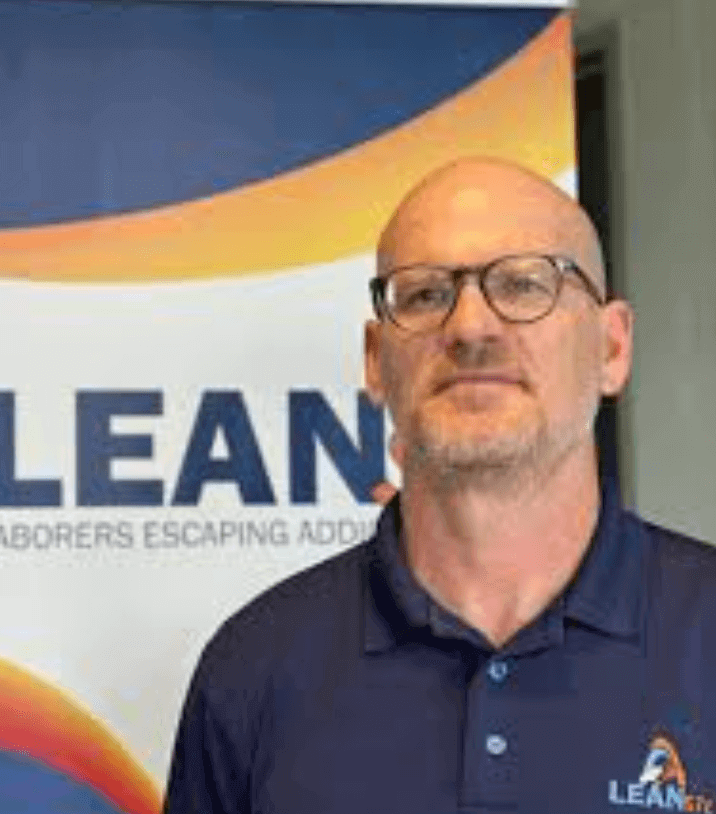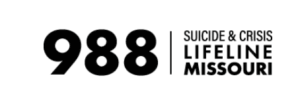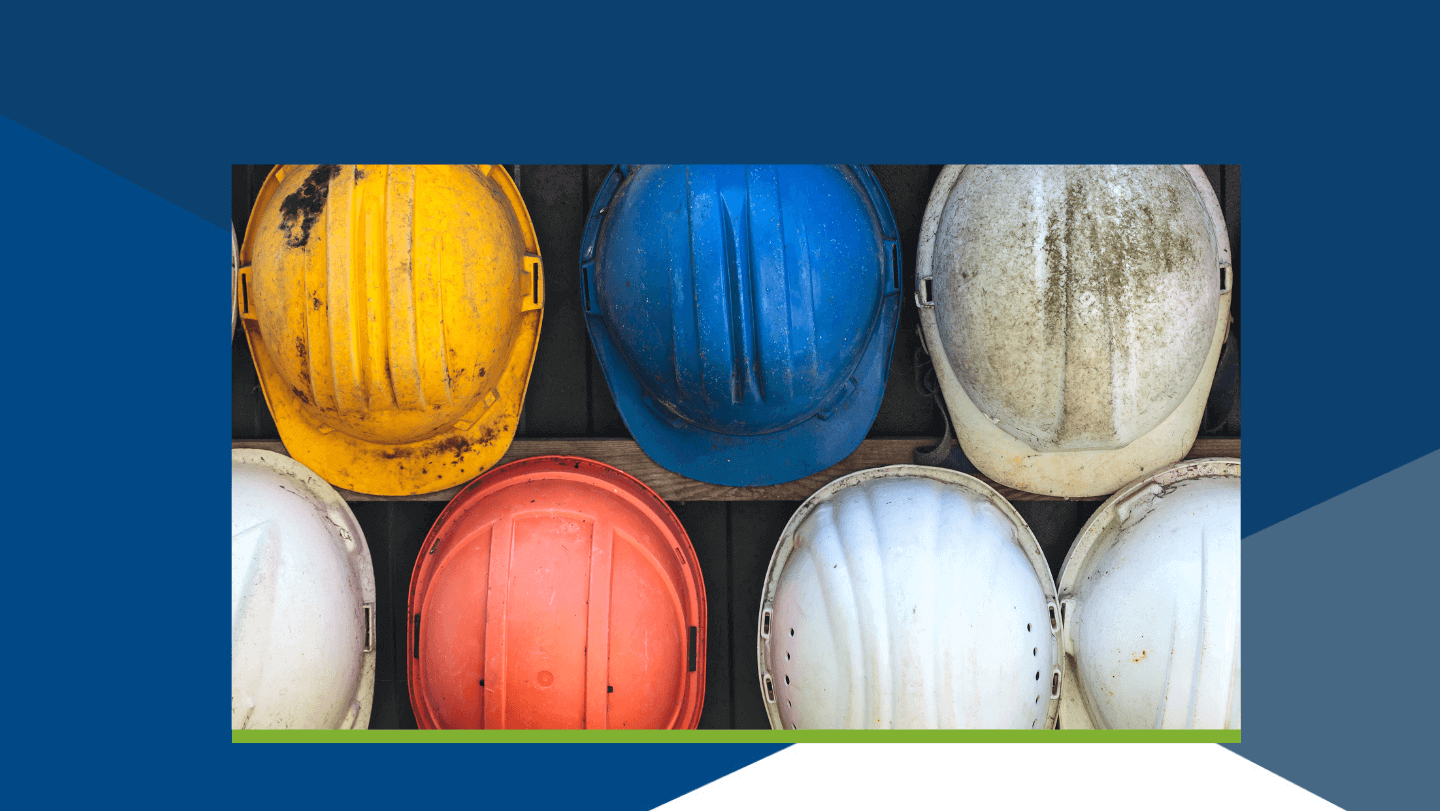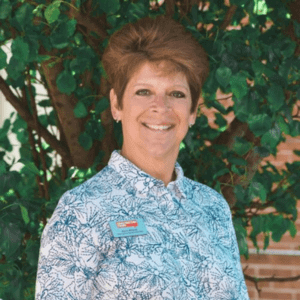Breaking the Stigma: Addressing Mental Health in the Construction Industry
Construction has the highest rate of overdoses and the second-highest rate of suicides among all U.S. industries, according to the September 2024 Data Bulletin from The Center for Construction Research and Training. Long hours, physical exhaustion, financial pressures and a culture of toughness all contribute to this hidden crisis.
These sobering statistics underscore the importance of Suicide Prevention Month each September and Mental Illness Awareness Week (MIAW) in October to highlight the urgent need for stronger awareness and support systems in construction.

Breaking the Stigma
The conversation across the industry centers on breaking the stigma of mental health, encouraging workers to seek help, and building support networks beyond the job site.
“Together, we stand for dignity, support, and a healthier future for every member, their family, and the communities we serve,” said David Scott, Business Representative with IUEC Local 3 and a founder of STL Building Trades (STLBT) Wellness Coalition.
Scott works closely with James Pursell, Laborer and Peer Support Specialist with LEAN STL (Laborers Escaping Adversity Now), a 24/7 peer support launched in 2023. Since then, participation in recovery and mental health services through Laborers’ Union Local 42 and 110 has increased by 40% and continues to grow.
Working alongside Dr. John Gaal, Director of Worker Wellness Program with the Missouri Works Initiative, also a coalition founder, this organization reinforces a clear message: no one is alone in this fight.
The STL Building Trades Wellness Coalition
“We need to move from awareness and toward action,” Gaal noted. “The Wellness Coalition is the action piece, working together for the betterment of our members and their families.”
The STL Building Trades Wellness Coalition was formed to:
- Break stigma around mental health, substance misuse and suicide
- Remove barriers to care for workers and families
- Create a unified commitment to wellness
STLBT unites all trades, promoting dialogue, training and the sharing of resources. Its goal is for every trade to have access to a Certified Peer Specialist (CPS)—a trained tradesperson who has overcome personal struggles and now supports others.
“On any jobsite, you may see five or six trades working side by side,” Scott said. “This is about looking out for one another, recognizing the signs, and not being afraid to talk.”
“A peer can provide more help in five minutes than a clinician may in five weeks,” Pursell added. “We’re not diagnosing—we’re building bridges. Vulnerability invites vulnerability.”
Gaal further remarked that more trade leaders are beginning to recognize the importance of peer support programs and are working to find the best ways to benefit their members.
“We’re not here to dictate solutions,” Pursell said. “We’re here because we are stronger together.”
Some of the peer programs already in place include:
- LEAN STL: 24/7 hotline for Construction Laborers
- Plumbers & Pipefitters Local 562: On-site psychiatrist/psychologist
- IUEC Local 3: 24/7 peer-trained volunteers for Elevator Constructors
- Bricklayers Local 1 of Missouri: Riding Boss suicide prevention program
- Washington University/Tarlton Corporation: Peer support modeled after Australia’s MATES in Construction program
The Role of Leadership
Generational stigma will not change overnight, but progress is
happening. Companies like S. M. Wilson & Co. have integrated mental health and suicide prevention into safety practices. Team members of the firm have taken the Culture of CARE pledge, committing to safe, inclusive and respectful workplaces.
“Our leaders in the field—Superintendents, Project Directors and Project Managers—play a vital role,” said Tom Burns, Safety Director at S. M. Wilson. “By showing vulnerability, they make it okay for others to talk. Supervisor-led conversations can save lives.”
Burns emphasized training as essential: “We want leaders trained to spot warning signs, start caring conversations, and connect people to resources like the 988 Suicide & Crisis Lifeline or Employee Assistance Programs. This training is just as important as fall protection or first aid.”
Mark Cochran, COO of S. M. Wilson, reinforced the fundamental need for AEC firms to integrate mental health training into their safety program.

Moving Forward
Awareness, training and compassion are critical to saving lives to suicide. The STLBT Wellness Coalition demonstrates how collaboration, peer support, and leadership can foster a healthier and safer future in the construction industry.
The coalition will officially launch in January 2026, establishing a formal structure, electing board members, and filing for nonprofit status. Contractors, signatory partners and stakeholders with an interest in the organization’s cause are invited to its next planning meeting on October 23 at 9 a.m. at IBEW Local 1.







